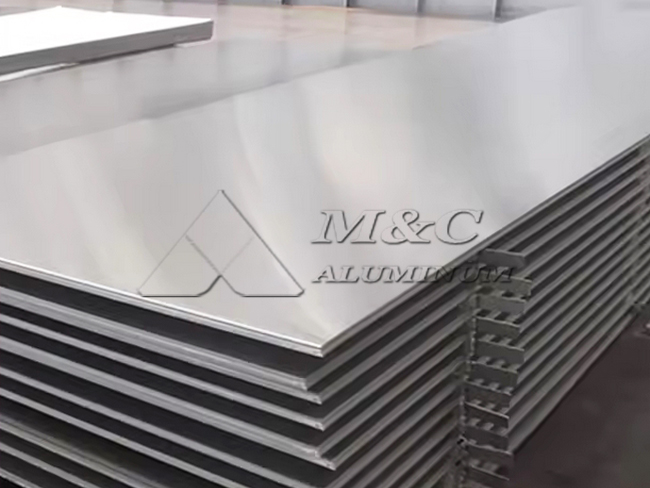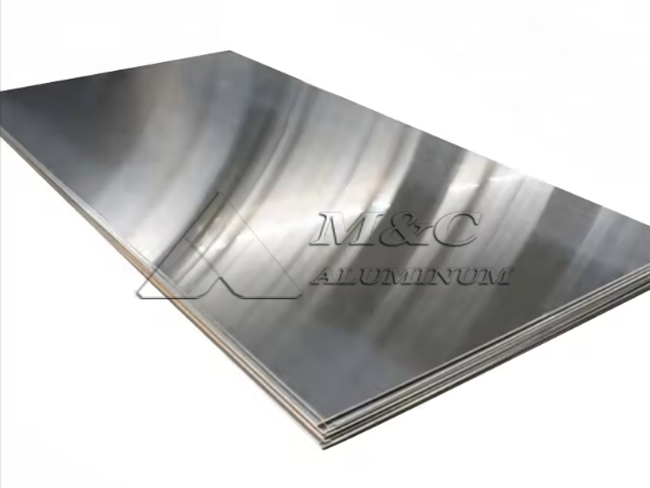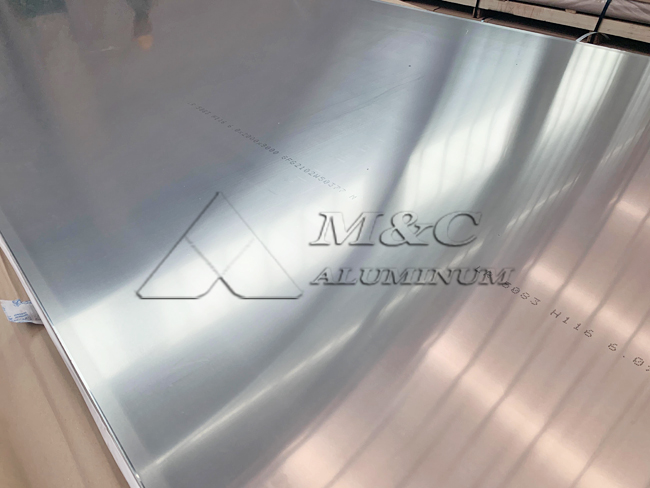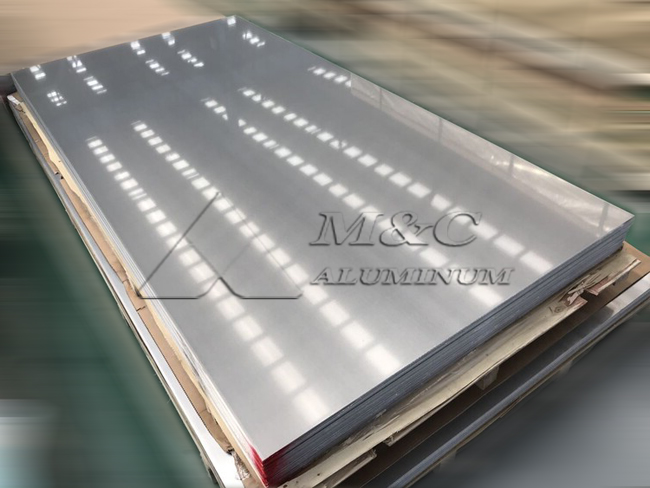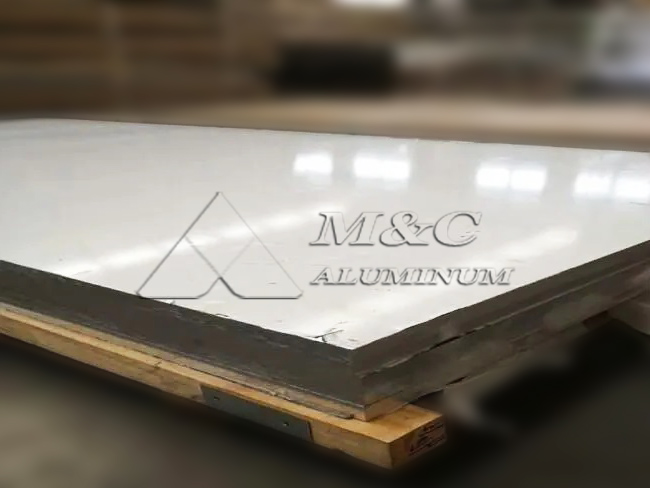In shipbuilding, aluminum alloys are widely used in key components such as hulls, decks, and oil tanks due to their excellent corrosion resistance and lightweight structure. Aluminum alloys such as 5 series, 6 series, and 7 series meet the high requirements of modern shipbuilding for performance and reliability with their different performance characteristics and grades.
Marine aluminum alloy grades
Almost all types of aluminum and aluminum alloys are used on ships. The most commonly used alloys are:
5 x x x series (5052 aluminum plate. 5154. 5454. 5754. 5083 aluminum plate. 5283. 5086.5056. 5456. 5005, etc.).
6 x x x series (6063 aluminum rod. 6060. 6061 aluminum plate. 6070.6082 aluminum rod. 6NO1. 6005. 6005A. 6351, etc.).
7 x x x series (7005 aluminum rod. 7039.01915. 01925. 01535, etc.).
1x x x series (1050. 1100. 1200, etc.).
3× × × series (3003.3023, etc.)
Deformed aluminum alloys such as 4× × × series (4043.4032, etc.)
Cast aluminum alloys such as AC4A, AC4C.AC4CH, AC7A, AC8A
Main states are H14. H1 12. H32. H34. H1 l l. H1 16. H1 17. F1. T1, T5.T6, T61, etc.
In the field of shipbuilding, the application of aluminum alloys can reduce the weight of ships, improve the speed and overall performance of ships. Due to the obvious advantages of aluminum, it is gradually becoming the basic material of the transportation industry.
When choosing aluminum alloys, it is necessary to comprehensively consider factors such as the specific needs of the ship, the working environment and the service life. At the same time, it is also necessary to pay attention to factors such as the machinability, weldability and cost of the alloy.
Types of marine aluminum alloys
The main types of aluminum materials include thick plates, medium and thick plates, thin plates, strips, foils, pipes, bars, profiles, integral ribbed wall panels and hollow wall panels, free forgings and die forgings, various castings, die castings, stampings, cold-bent parts, and various composite materials and deep-processed parts (such as foam aluminum, honeycomb aluminum). With the large-scale and lightweight hulls and the advancement of aluminum processing technology, the application of large-scale extruded aluminum alloy profiles and pipes, large-scale rolled wide and thick plates, large forgings and large castings is becoming more and more extensive.
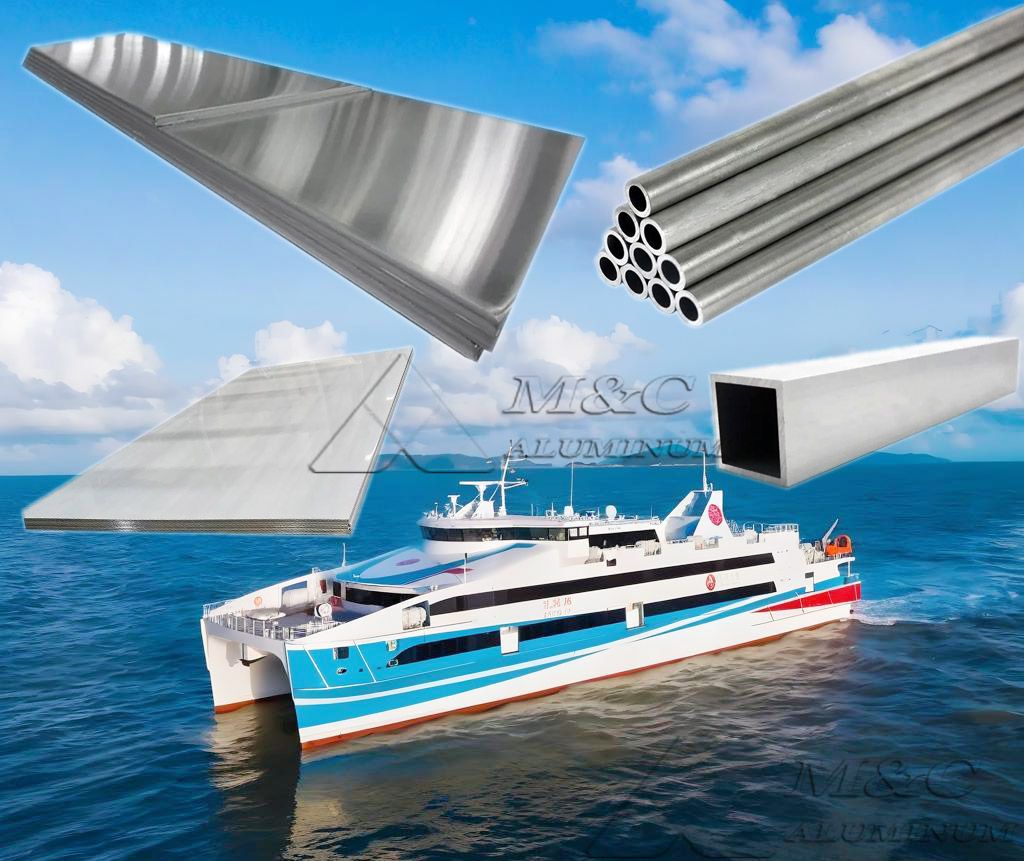 Performance advantages of marine aluminum alloys
Performance advantages of marine aluminum alloys
1. Reduce ship weight: Low specific gravity can reduce ship weight, reduce engine capacity, increase speed, save fuel, increase stability and maneuverability, increase load capacity and obtain additional profits.
2. Corrosion resistance: Good corrosion resistance reduces maintenance costs and extends service life (usually more than 20 years).
3. Processing performance: Easy to cut, stamp and other processing, suitable for streamlined design, reduce the number of welds, and lightweight structure.
4. Welding performance: easy to weld.
5. Safety: small elastic modulus can effectively absorb impact stress and increase safety.
6. Recycling: aluminum waste is easy to recycle and reuse.
7. No low-temperature brittleness: suitable for low-temperature equipment.
8. Non-magnetic: compass is not affected, suitable for minesweepers, avoiding mine attacks.
9. Insect and fireproof: no insect pests and dry deformation, safer in case of fire.
Application
From the superstructure of large surface ships, the construction of thousands of tons of all-aluminum ocean research ships, ocean-going merchant ships and passenger ships, to hydrofoils, hovercraft, passenger ferries, catamarans, transportation boats, landing craft and other high-speed passenger ships and military speedboats, a large number of deformed aluminum alloys are used. Cast aluminum alloys are mainly used for pumps, pistons, outfitting parts and rain mine shells and other parts.

